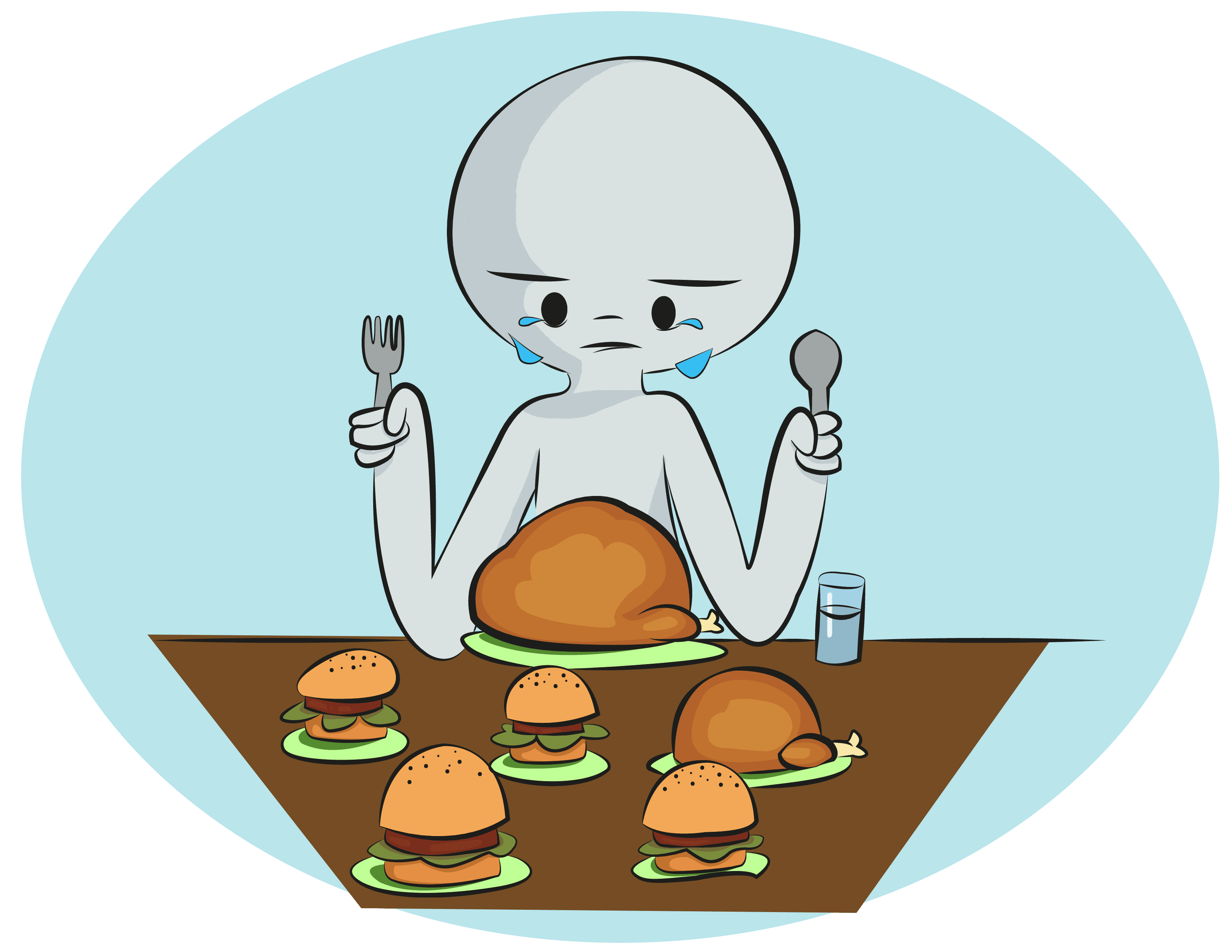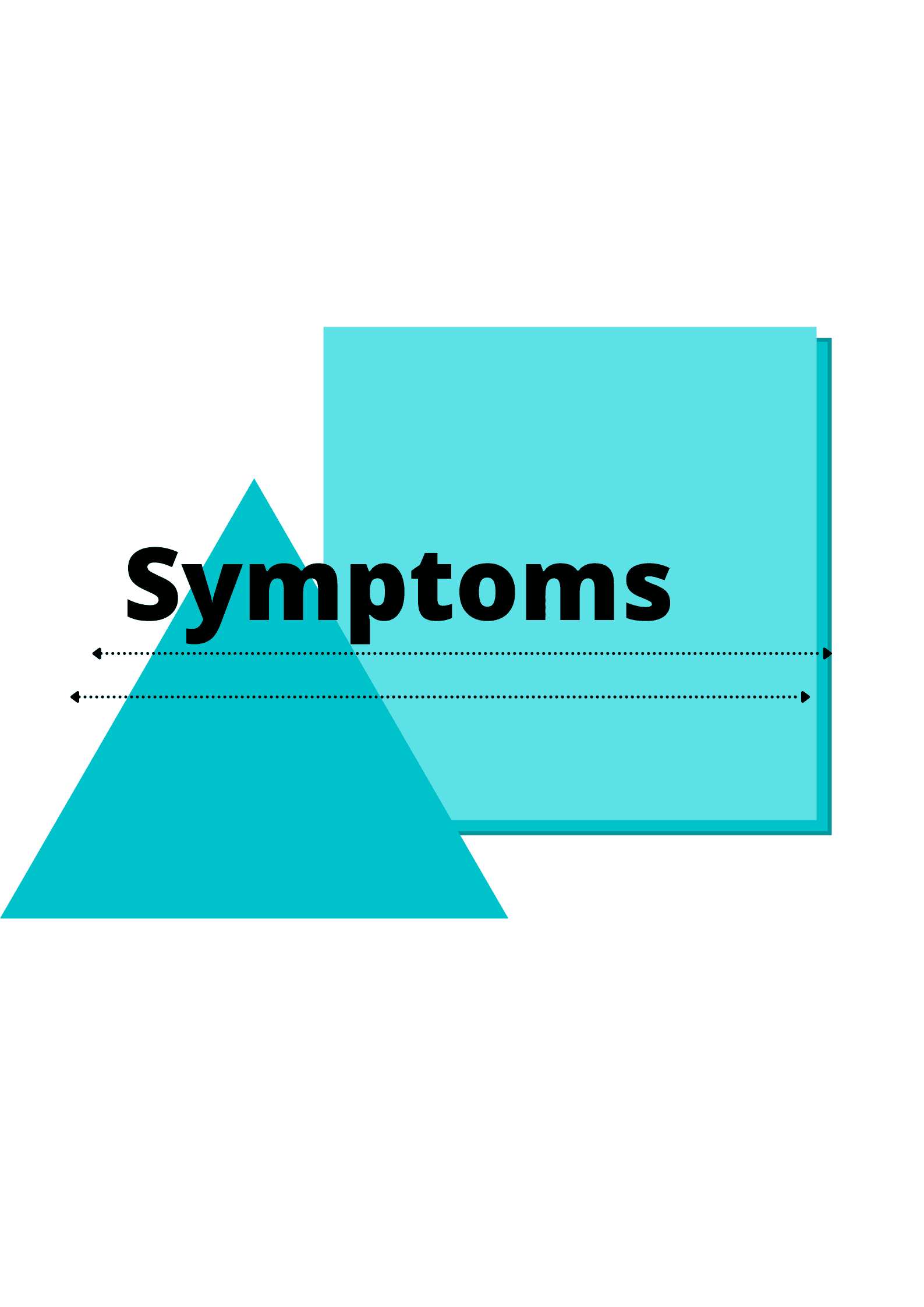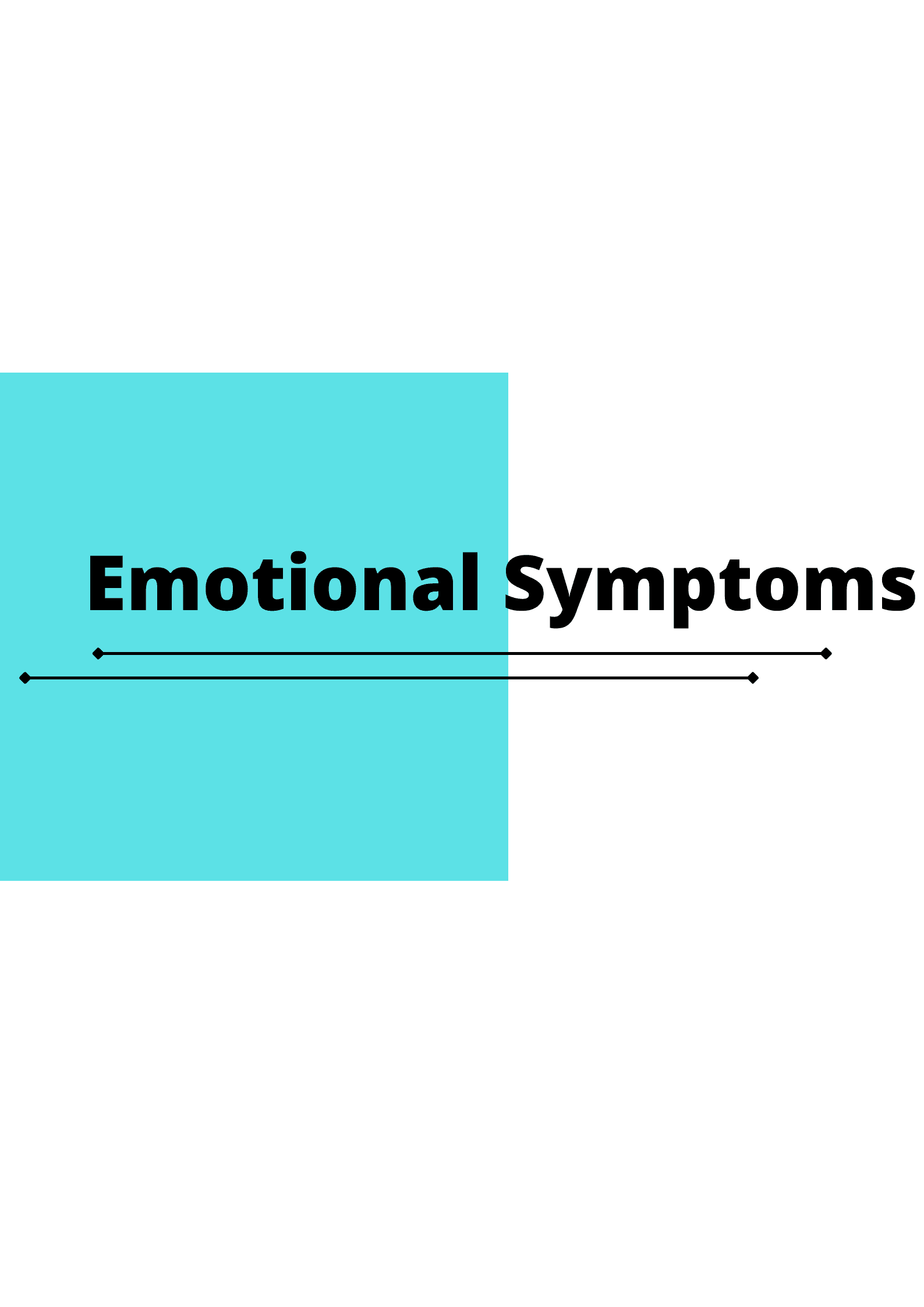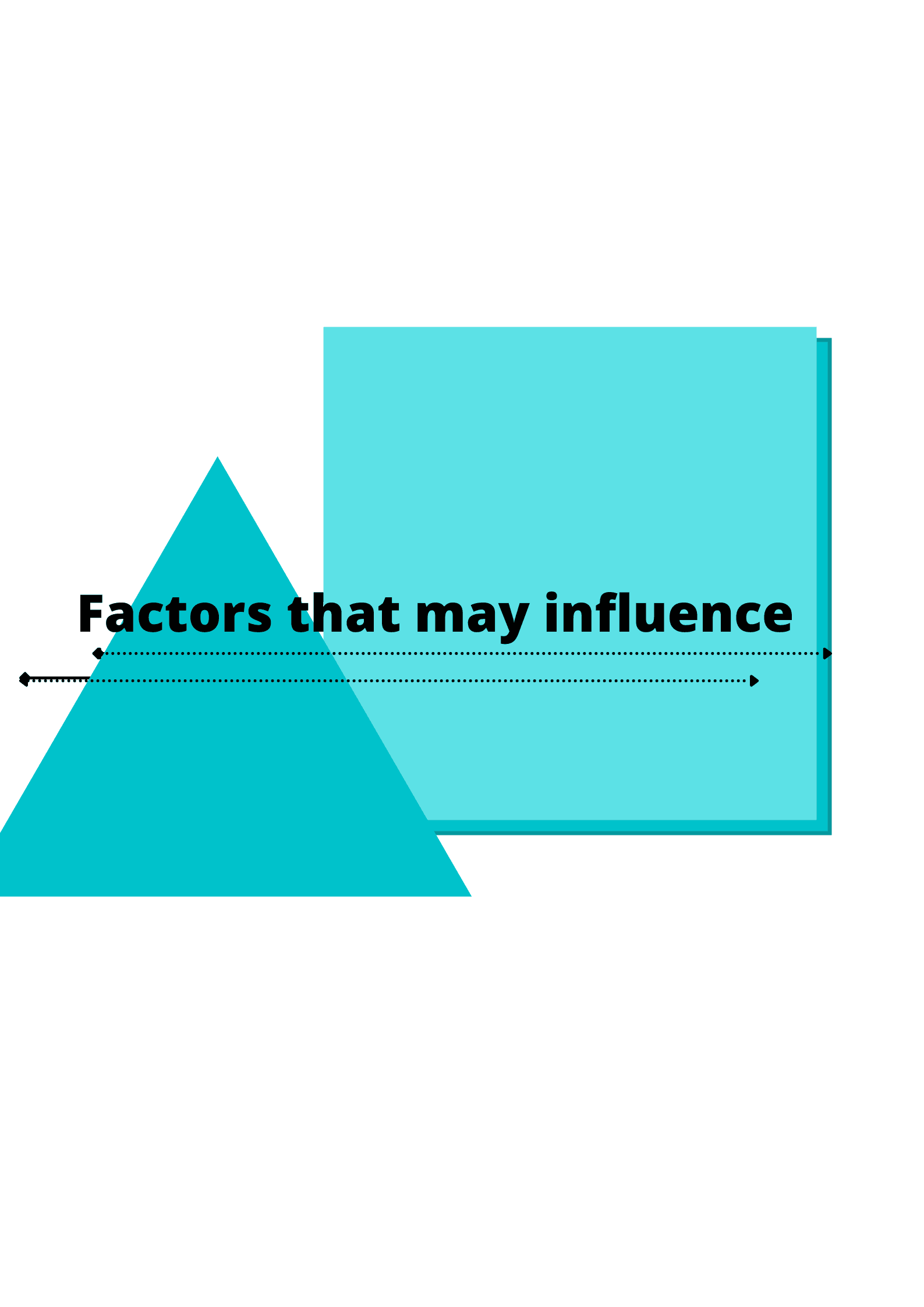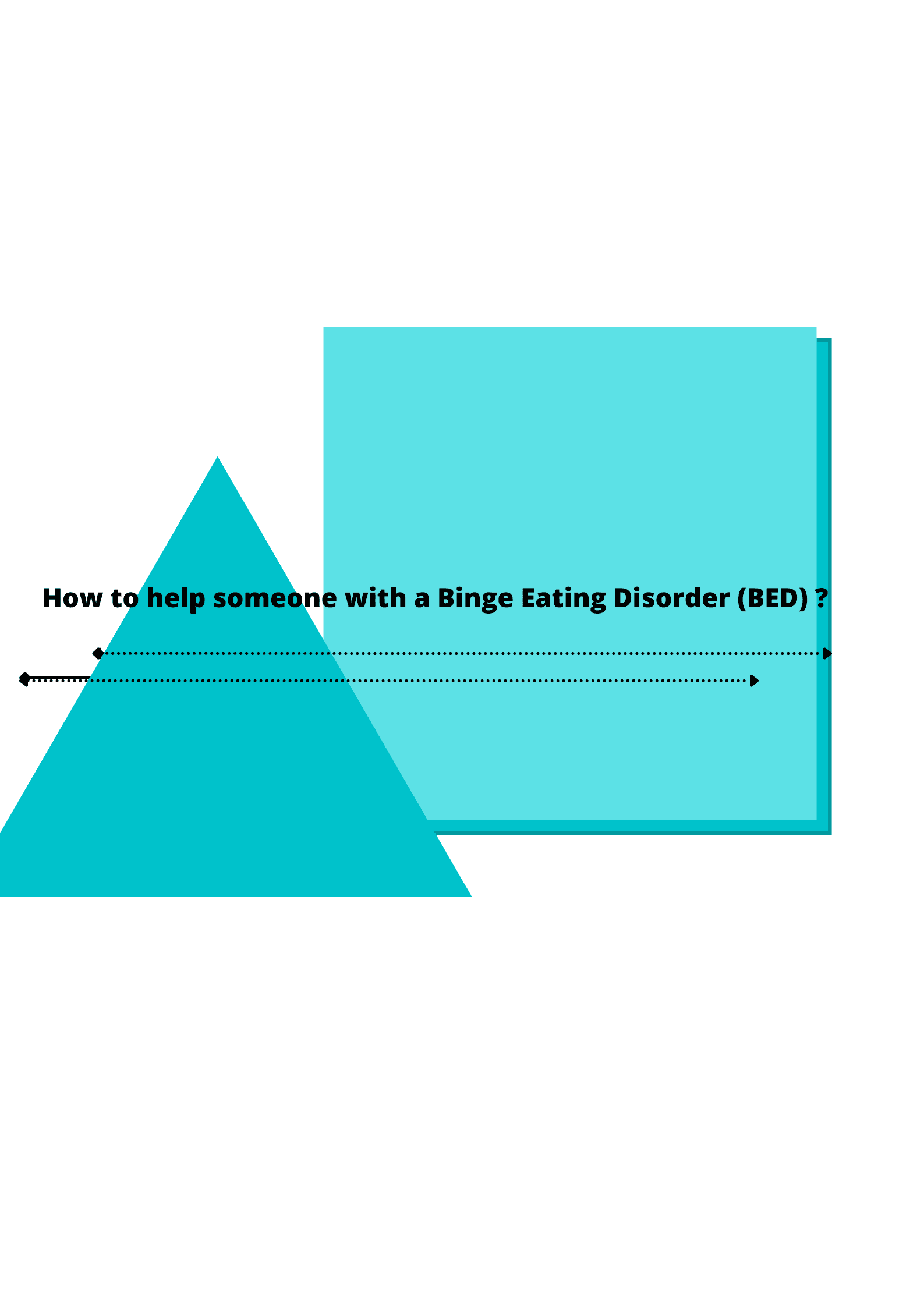Explore the World's Best Ideas
Join today and uncover 100+ curated journeys from 50+ topics. Unlock access to our mobile app with extensive features.
What is a Binge Eating Disorder?
A Binge-Eating Disorder is a type of Eating Disorder Binge-eating disorder is a serious eating disorder in which you frequently consume unusually large amounts of food and feel unable to stop eating. Almost everyone overeats on occasion,such as having seconds or thirds of a holiday meal. But for some people, excessive overeating that feels out of control and becomes a regular occurrence crosses the line to binge-eating disorder. When you have a binge-eating disorder, you maybe embarrassed about overeating But you feel such a compulsion that you can't resist the urges and continue binge eating.
23
327 reads
What are the symptoms of Binge Eating Disorder?
Behavioral symptoms:
1-Inability to stop eating or control what you're eating
2-Rapidly eating large amounts of food
3-Eating even when you're full
4-Hiding or stockpiling food to eat later in secret
5-Eating normally around others, but gorging when you're alone
6-Eating continuously throughout the day, with no planned mealtimes.
24
326 reads
Emotion Symptoms:
Emotional symptoms:
1-Feeling stress or tension that is only relieved by eating
2-Embarrassment over how much you're eating
3-Feeling numb while bingeing—like you're not really there or you're on auto-pilot.
4-Never feeling satisfied, no matter how much you eat
5-Feeling guilty, disgusted, or depressed after overeating
6-Desperation to control weight and eating habits
24
231 reads
What factors can influence a Binge Eating Disorder?
Factors that can increase your risk of developing binge-eating disorder include:
- Family history. You're much more likely to have an eating disorder if your parents or siblings have (or had) an eating disorder. This may indicate that inherited genes increase the risk of developing an eating disorder.
23
174 reads
-Dieting. Many people with binge-eating disorders have a history of dieting — some have dieted to excess dating back to childhood. Dieting or restricting calories during the day may trigger an urge to binge eat, especially if you have low self-esteem and symptoms of depression.
-Your age. Although people of any age can have binge-eating disorder, it often begins in the late teens or early 20s.
23
171 reads
Tips for helping a person with Binge Eating Disorder
-Encourage him or her to seek help. The longer an eating disorder remains undiagnosed and untreated, the more difficult it will be to overcome, so urge your loved one to get treatment.
-Be supportive. Try to listen without judgment and make sure the person knows you care. If your loved one slips up on the road to recovery, remind them that it doesn't mean they can't quit binge eating for good.
22
163 reads
-Avoid lectures or guilt trips. Binge eaters feel bad enough about themselves and their behavior already. Lecturing, getting upset, or issuing ultimatums to a binge eater will only increase stress and make the situation worse. Instead, make it clear that you care about the person's health and happiness and you'll continue to be there.
-Set a good example by eating healthily, exercising, and managing stress without food. Don t make negative comments about your own body or anyone else's.
23
168 reads
IDEAS CURATED BY
Heylo! I'm Dimah. I'm just a teen who likes writing random ideas, blogs, articles, novels and sometimes even poetry. My major interests are psychology and neurology, I love digging in more in these two subjects and expand my knowledge.
Similar ideas
Read & Learn
20x Faster
without
deepstash
with
deepstash
with
deepstash
Personalized microlearning
—
100+ Learning Journeys
—
Access to 200,000+ ideas
—
Access to the mobile app
—
Unlimited idea saving
—
—
Unlimited history
—
—
Unlimited listening to ideas
—
—
Downloading & offline access
—
—
Supercharge your mind with one idea per day
Enter your email and spend 1 minute every day to learn something new.
I agree to receive email updates

